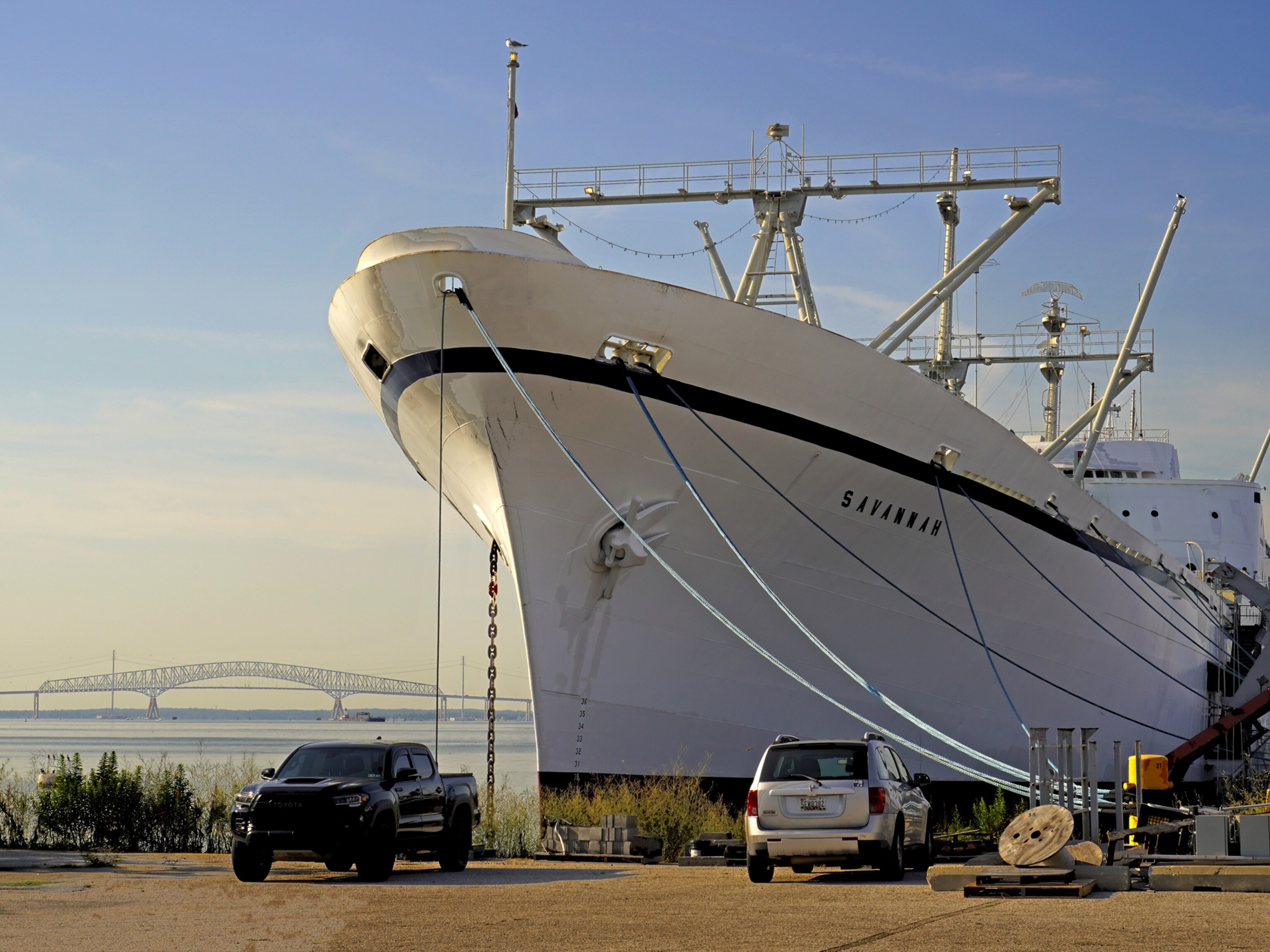
How Vladimir Putin Became a Nobel Peace Prize Nominee
The Russian president is one of many nominated for the prize. Here's how the process works.
The Nobel Prize committee is meeting this month to consider the candidates for the peace prize—including Vladimir Putin.
Putin, who ordered 16,000 Russian soldiers to invade Ukraine in late February, is a nominee for the prize that has previously been awarded to Martin Luther King, Jr., Nelson Mandela, and Mother Theresa.
The unlikely nomination raises questions: How does someone get nominated for a peace prize? Who put forth Putin's name—and why? And could he actually win?
Nobel Nominations 101
Nominees for some prizes, including science, medicine, and economics, are solicited from professional and academic organizations. The peace prize, however, will accept any nomination from a "qualified nominator." That could be a member of a national government, a professor of social science, or a director of a policy institute. One caveat: You can't nominate yourself.
Putin's Nomination
In the case of Putin, the nomination came from the International Academy of Spiritual Unity and Cooperation of Peoples of the World, a Russian advocacy group that broadly pursues peace. Putin was nominated in recognition of his efforts in brokering a nonmilitary solution to punish the Syrian government for using chemical weapons.
The group's argument was basically that Barack Obama won the peace prize in 2009 and yet was threatening to attack Syria in 2013, while Putin prevented military action by negotiating a peaceful solution that required Syria to voluntarily surrender its weapons. Putin's success stemmed from his close relationship with Syrian President Bashar al-Assad, whom Putin personally persuaded to give up the weapons to avoid international attack. Obama backed down from his threat after Assad agreed to certain deadlines for surrendering his stockpile of chemical weapons.
The committee is meeting this month in Norway to consider a record 278 nominees. Although the full list of names will not be made public for 50 years, Putin's name became public knowledge because the nominating group released its letter of recommendation.
Over the next few months, the Nobel committee will cut its list to 40 nominees, then 25, and eventually 10 or so. No one outside of the committee will know how long Putin remains in the running, but several former Nobel laureates have already signaled he may not be deserving. Last fall, 11 former Nobel Prize winners asked Putin to drop charges of piracy against a group of Greenpeace activists (he didn't respond). Even if Putin had not invaded Ukraine, the committee still might not have considered him a real contender, since Syria is behind schedule in turning over its weapons.
After the short list is agreed upon, the committee works to come up with what is traditionally a unanimous choice. Also rumored as nominees this year are Pope Francis and Malala Yousafzai, the 16-year-old Pakistani who was attacked for her advocacy of education for young girls. And Putin may not be the only controversial nominee. NSA leaker Edward Snowden is rumored to be in the mix as well.
Related Topics
You May Also Like
Go Further
Animals
- Behind the scenes at America’s biggest birding festivalBehind the scenes at America’s biggest birding festival
- How scientists are piecing together a sperm whale ‘alphabet’How scientists are piecing together a sperm whale ‘alphabet’
- Orangutan seen using plants to heal wound for first timeOrangutan seen using plants to heal wound for first time
- What La Palma's 'lava tubes' tell us about life on other planetsWhat La Palma's 'lava tubes' tell us about life on other planets
Environment
- The northernmost flower living at the top of the worldThe northernmost flower living at the top of the world
- This beautiful floating flower is wreaking havoc on NigeriaThis beautiful floating flower is wreaking havoc on Nigeria
- What the Aral Sea might teach us about life after disasterWhat the Aral Sea might teach us about life after disaster
- What La Palma's 'lava tubes' tell us about life on other planetsWhat La Palma's 'lava tubes' tell us about life on other planets
- How fungi form ‘fairy rings’ and inspire superstitionsHow fungi form ‘fairy rings’ and inspire superstitions
History & Culture
- This thriving society vanished into thin air. What happened?This thriving society vanished into thin air. What happened?
- These were the real rules of courtship in the ‘Bridgerton’ eraThese were the real rules of courtship in the ‘Bridgerton’ era
Science
- Is the 5-second rule true? Science finally has an answer.
- Science
- Gory Details
Is the 5-second rule true? Science finally has an answer. - E-bikes are good for the environment—but what about your health?E-bikes are good for the environment—but what about your health?
- Why trigger points cause so much pain—and how you can relieve itWhy trigger points cause so much pain—and how you can relieve it
Travel
- The best LGBTQ-friendly destinations for every travelerThe best LGBTQ-friendly destinations for every traveler
- 6 of the best active pursuits on Cape Cod and the Islands
- Paid Content
6 of the best active pursuits on Cape Cod and the Islands - The key to better mindfulness may be your public gardenThe key to better mindfulness may be your public garden



